The Street Markets Leading London’s Foodie Revolution
By Something CuratedIn the past two decades London has gone from bearing the brunt of the ‘bad food in Britain’ joke to becoming key figure on the international culinary scene. While a good deal of this evolution came out of the premiere dining venues introduced by multi-skilled hospitality maestros Andre Balazs, Alan Yau, Corbin & King, there is a secondary factor responsible for this development that offers no less in its experience factor: street markets.
Perhaps revitalized by recent happenings within chef’s kitchens and behind (sometimes windowless) walls, street markets have re-introduced the social as a serious factor to eating, as well as en plein air and on-the-go. The markets, as loud, boisterous, scent-filled and colorful as they are, are a total experience that has become in recent years a destination point on its own. A common development in some of London’s most celebrated food markets is the interweaving of temporary booths with permanent, “rooted” restaurants, which in their choice of open-air seating help to dissolve the line between a street and sit down affair, enlivening both. Here we look at three markets that have come to define the foodie revolution and food market renaissance in London and the people behind them.
Borough Market (Keith Davis)
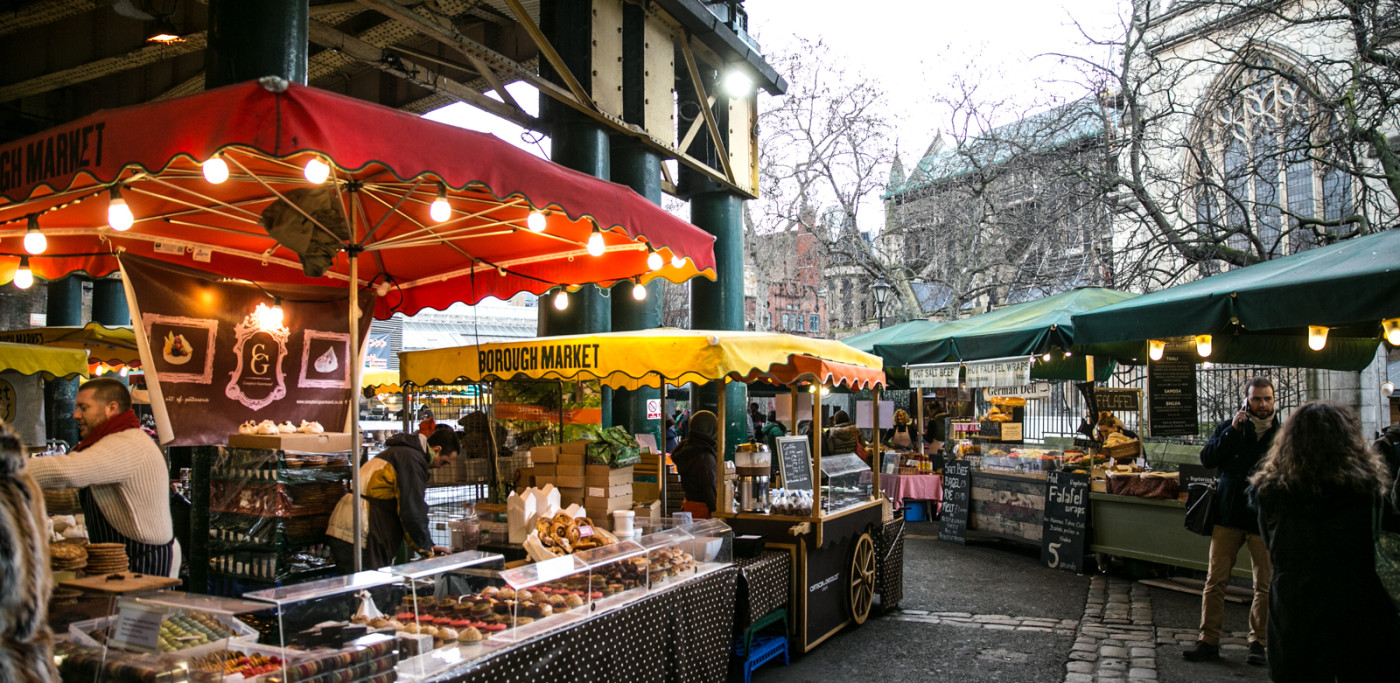
When it comes to the street food scene in London, Borough Market is unquestionably its tour-de-force, with an alleged 1,000+ years of operation as a trading post for the city and beyond. But more important than its longevity is both the variety and quantity of international cuisine: from fruit and veg to antipasti, fish, meat and poultry, to exotic spices and confectionary. The “renaissance” of Borough market happened in the 1990s, with the revitalization of interest in the artisanal/craft movement. What was first pioneered by Neal’s Yard Dairy and Brindisa moving into empty warehouses in the area later evolved into a full-on revitalization of the market setting, with dozens of merchants claiming booths as part of Borough’s modern boom.
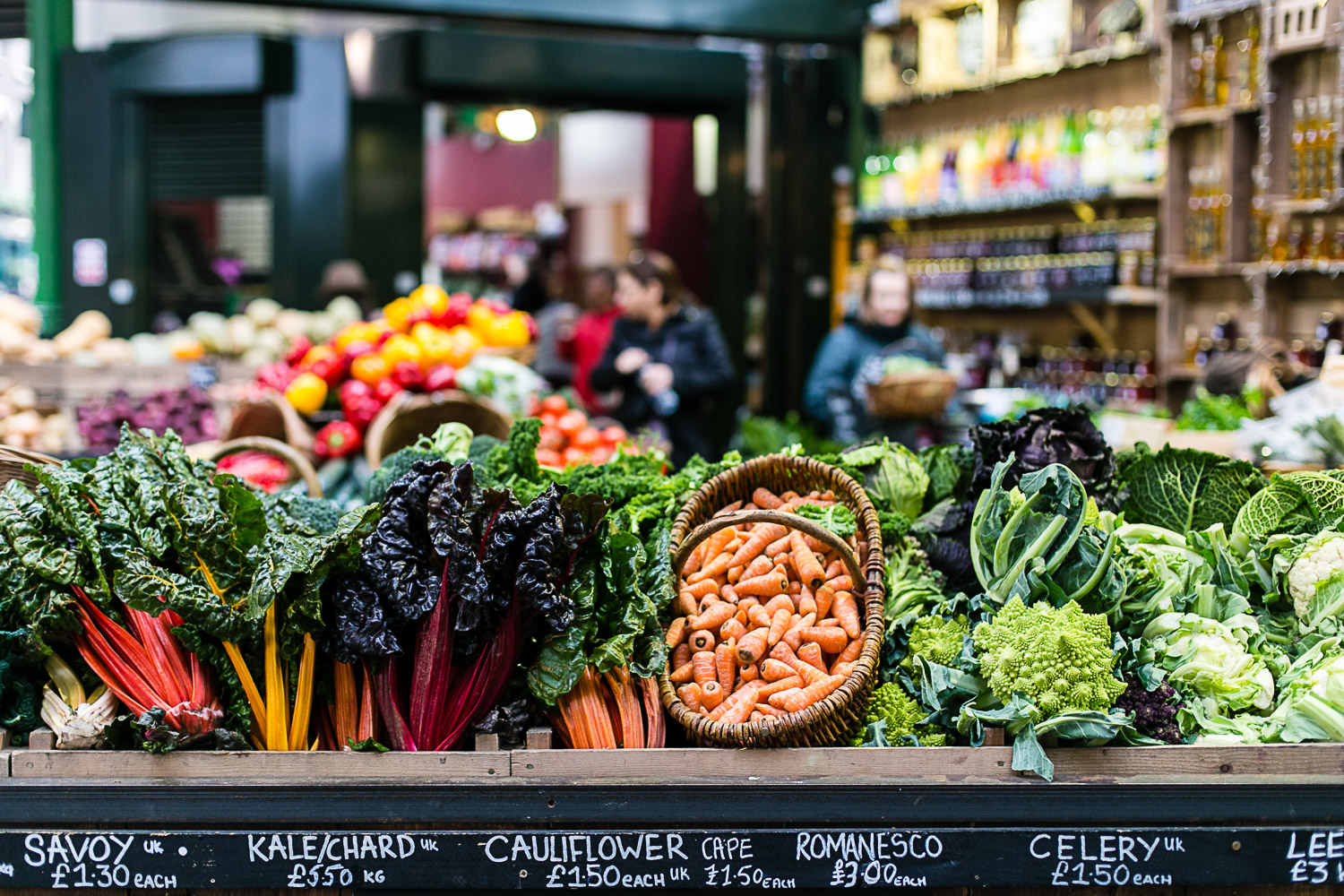
Keith Davis, the director of Borough Market since last year, has said the following in regard to the market’s deep history: “As London’s oldest food market, we have always been a place where people come together to connect over food. These talks give us a chance to engage with visitors on a deeper level and discuss the wider topics that impact the food landscape around us. The talks also give people an opportunity to hear from innovators and thought leaders in the industry, up close, in a wonderful, intimate setting.”
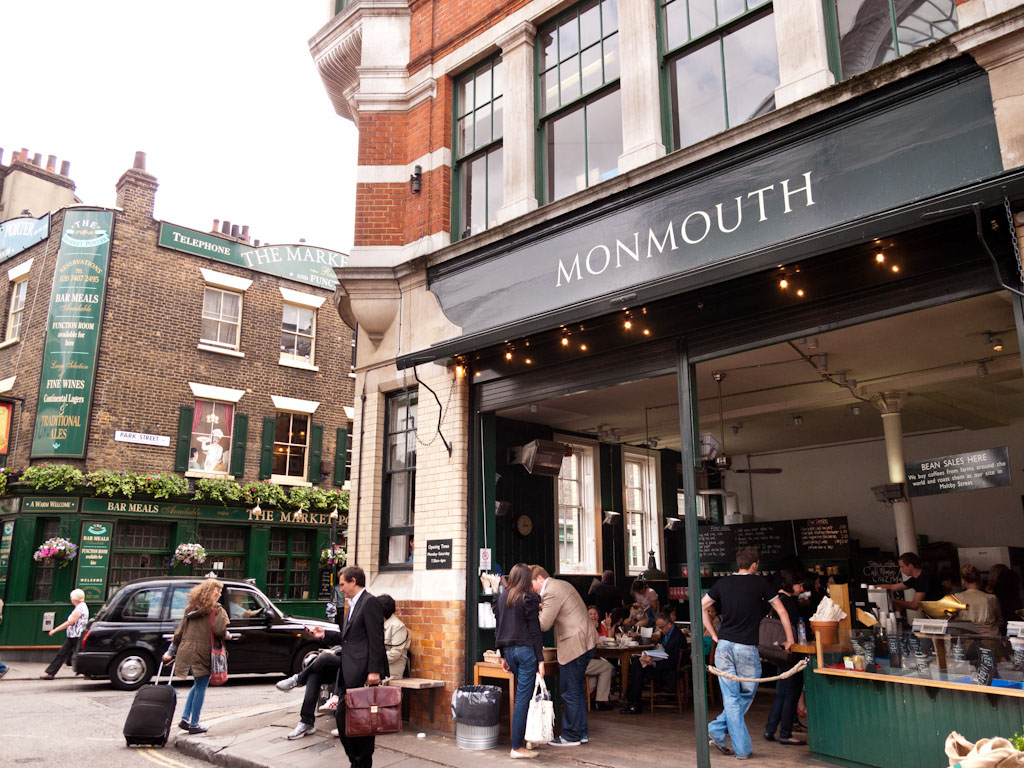
Borough Market was most recently home to the “first ever” cultural institution dedicated exclusively to the historical, technological, and cultural development of food: The British Museum of Food. Dreamed up by the Bompass & Parr, the culinary architects behind the alcoholic “walk-in-cloud” bar, which opened last summer and runs until July, and is exactly what it claims to be: a room full of breathable booze. The BMoF has closed down in Borough Market but is seeking a new home to re-open, perhaps permanently.
Exmouth Market (Community Run)
From Macarons to Moroccan food, butcher’s specials to barbershops, Exmouth has come back from its derelict state in the 80s to prove itself one of the leading destinations for foodies, the fashion and beauty oriented, and green-fingered flaneurs alike.
Beginning in the 90s, cafes and bars, small gift shops, and record stores began to move into the empty shops lining the street. With the pedestrian-friendly nature of the street, plus the fact that nearly every restaurant, cafe and bar offers outside seating, Exmouth market quickly became a destination point for its sidewalk cafe ambience that is further accentuated by the string lights and community feel among the various business owners lining the street.
In 2006 the street market was reintroduced to the area, originally spanning weekends but as the popularity of the street has increased exponentially in the past decade, with Londoners flocking to its Parisian cafes, Korean cafeterias, pizzerias and tapas bars, as well as its numerous hair salons, gift shops, jewelers, and flower shops come Saturday mornings, the food market has been moved to a weekday only lunch affair.
Cult curators of cool like the Content Store, as well as one-off artisan and speciality shops and eateries like flower shop Botanique, salon Root, butchershop Maccellio, and wine-bar Borough Wines, happily bump elbows on this one-of-a-kind street in EC1 that feels like nowhere else in London. Except, maybe, Broadway Market.
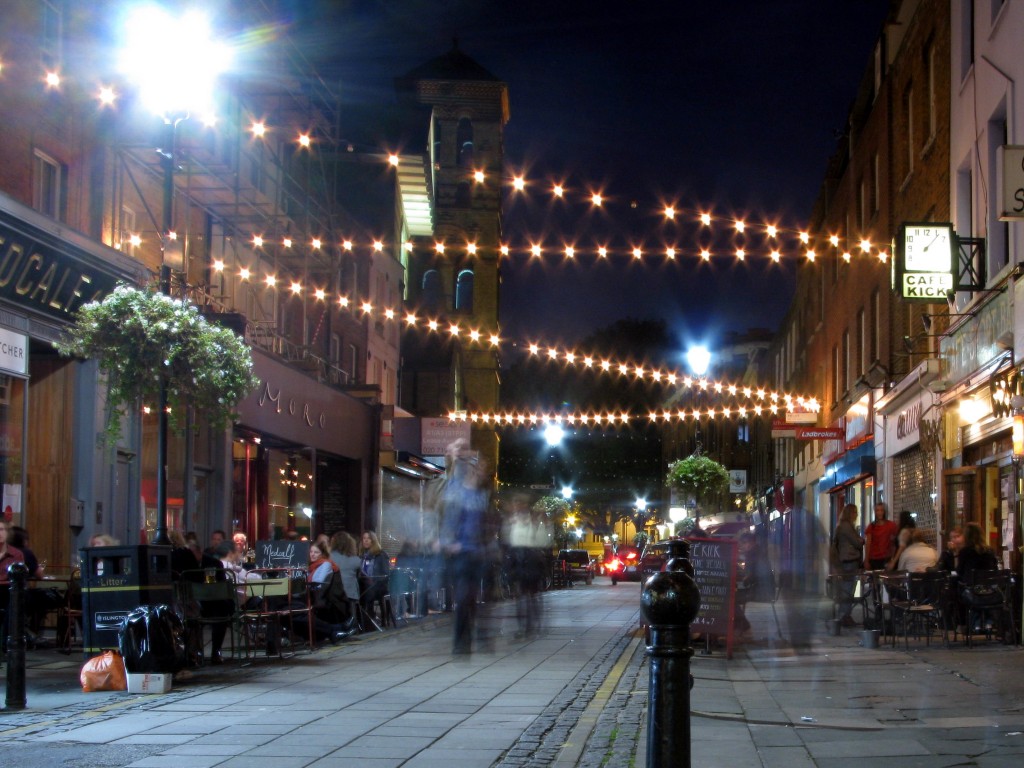
Restaurant spotlight: Macellaio (Roberto Costa)
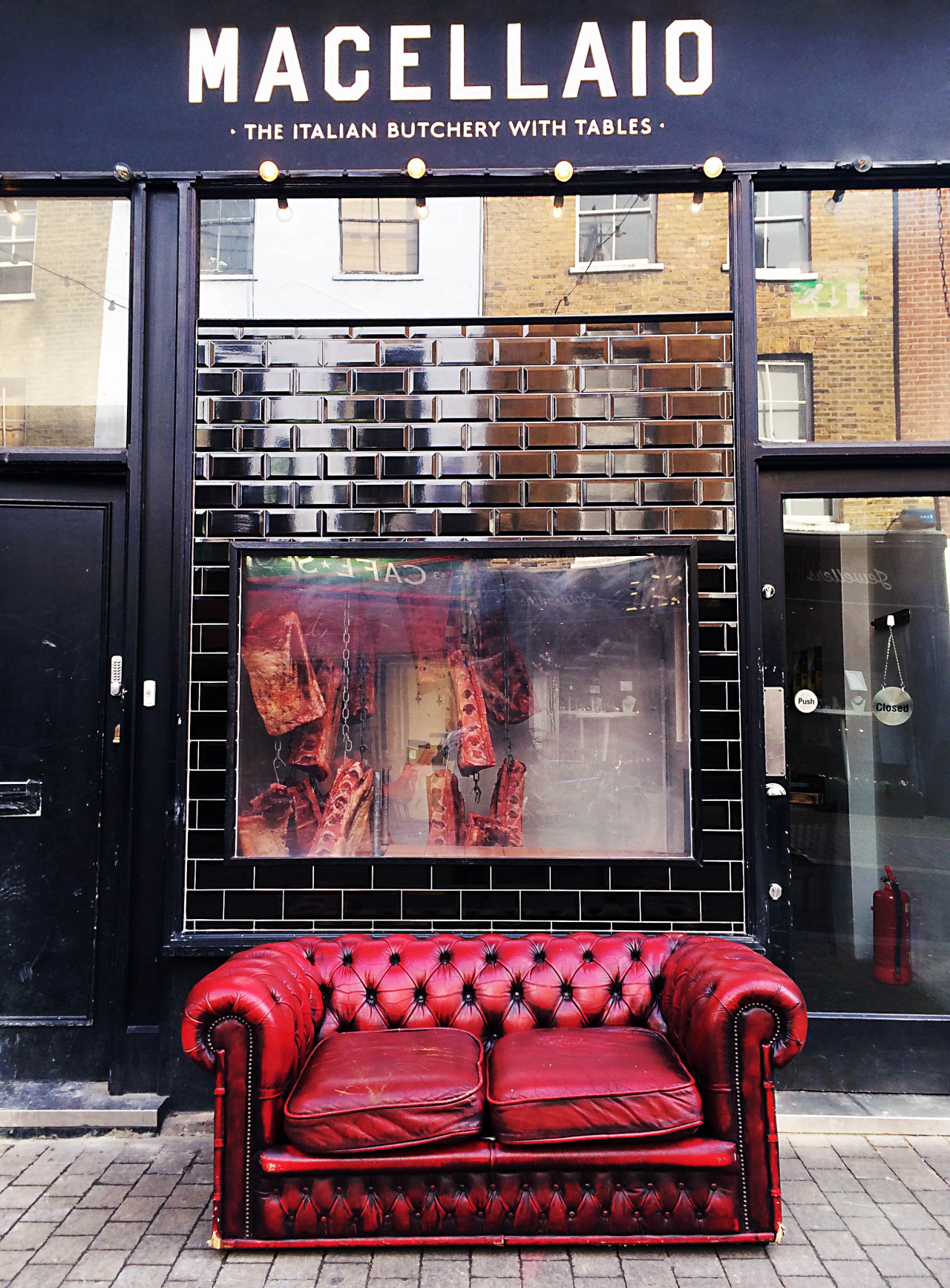
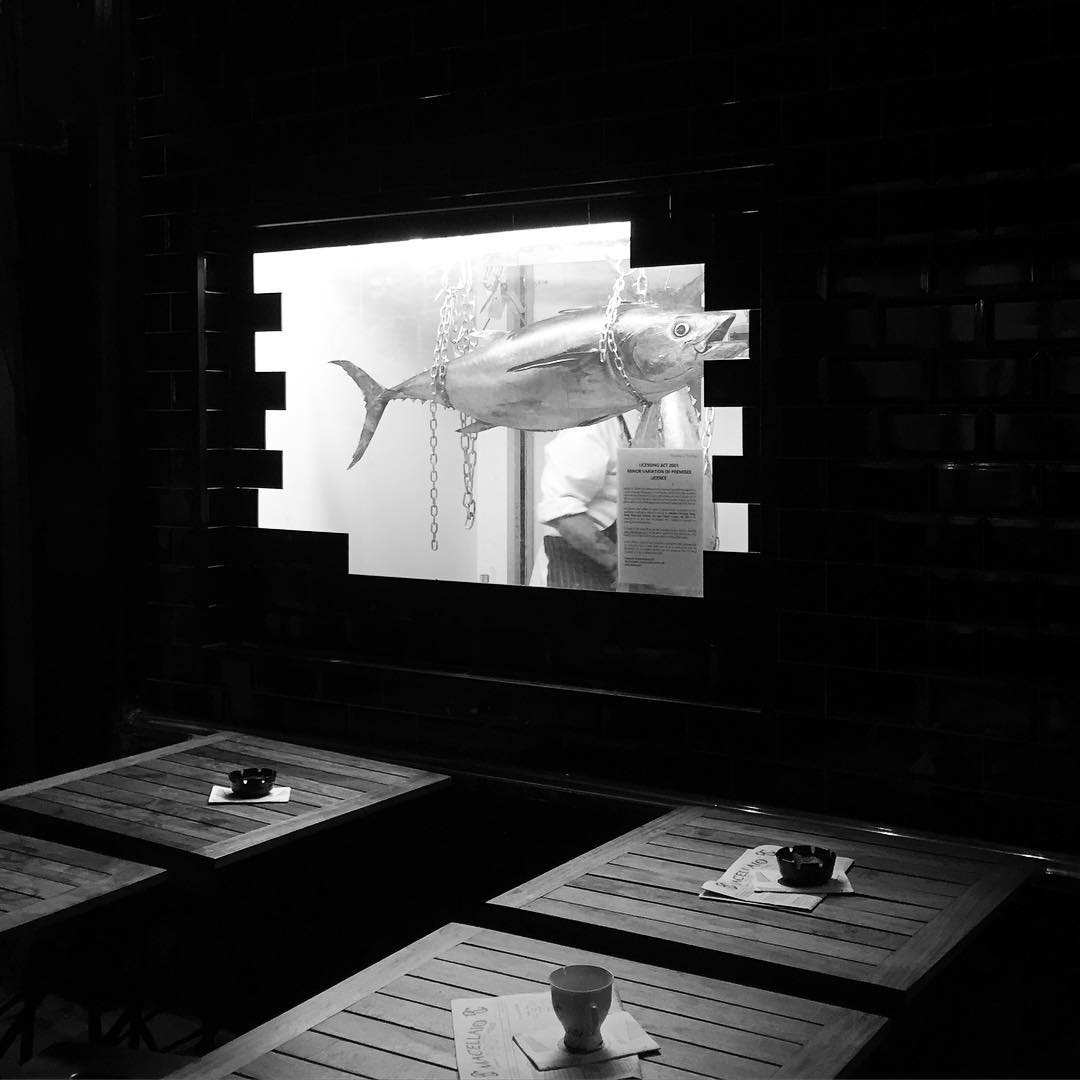
Broadway Market (Broadway Market Projects CIC)
Broadway Market describes itself as a “shopping street nestled in the heart of Hackney,” but that label is slightly misleading as the area has become a premiere destination for food and coffee lovers come Saturday morning. Run by the community, for the community, this market pulls in more than £2m a year for the Hackney Council, making it the most profitable street market in London. And it’s easy to see why: With fruity meringues or dumplings in one hand and bespoke handcrafted leather goods or perhaps a new necklace in another, this market truly has something for everyone.
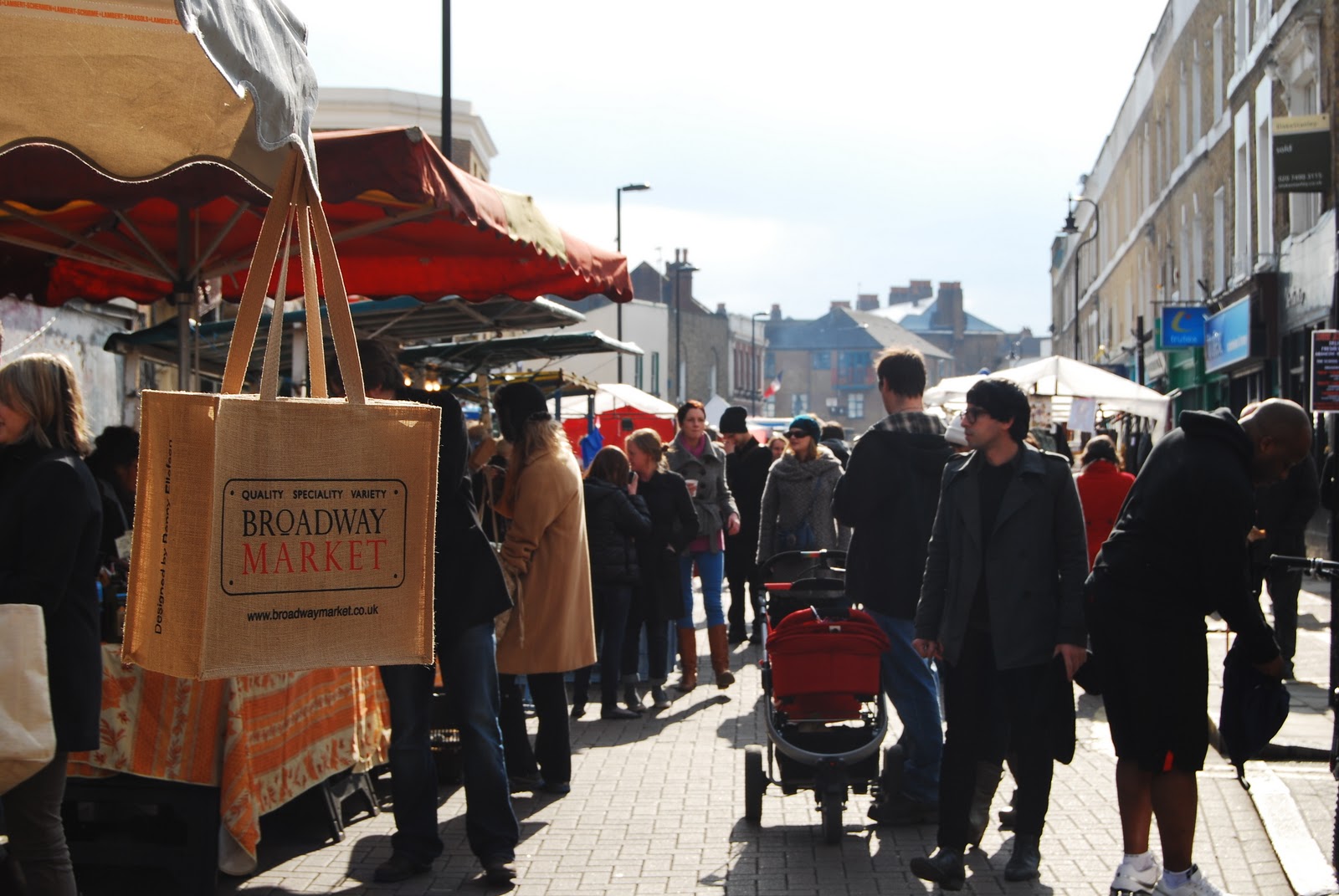
Since the re-installment of the Saturday in 2004, the already bountiful selection of establishments has expanded to incorporate the colourful, sensory experience of a proper street market every weekend. Over 100 stalls fill the stretch of the street, and the offerings vary from artisanal coffee, to korean street food, to fresh farm produce and antipasti, as well as handcrafted accessories and artwork by local designers and artists.
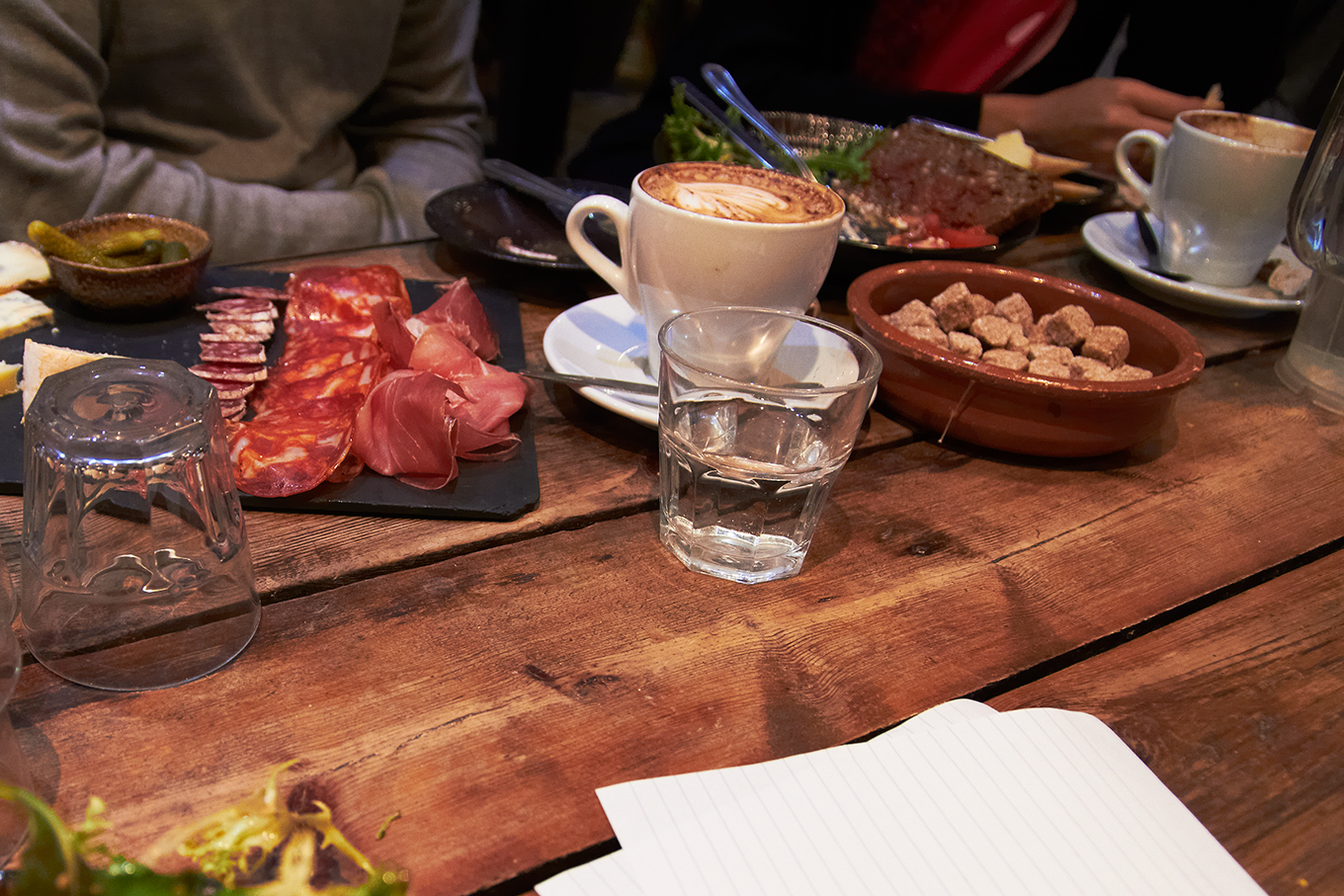
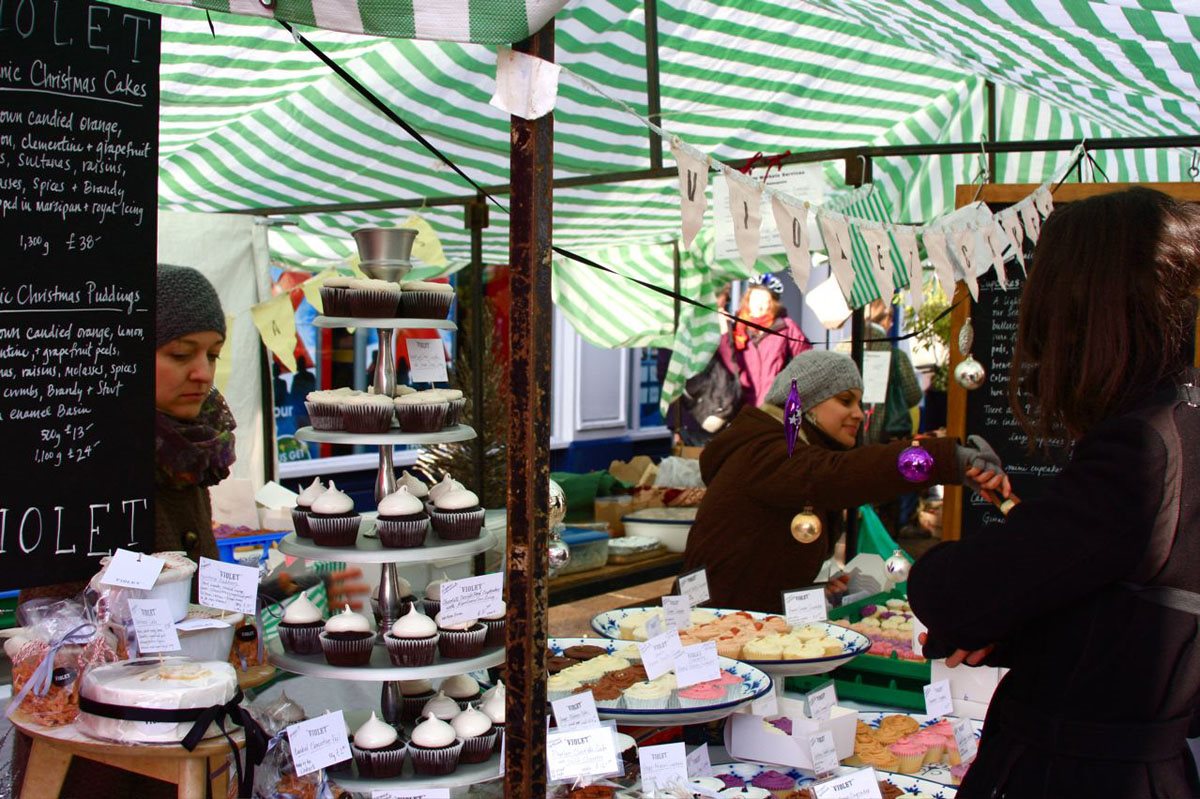
Established originally as an old drovers root that once led into the city, Broadway Market is perfectly outfitted to support both mainstay shops and two rows of vendor tents each weekend, providing a true kaleidoscope of cultures and enticing any number of interests. Ranging from art book stores Donlon Books and Artwords to the belovèd upscale deli-cum-microgrocers l’Eau à La Bouche, coffee house Climpson & Sons, and the ever-popular fish vendor Fin and Flounder, Broadway Market is a one-stop-shop or all-afternoon affair for many visitors happening to pass through the Regent’s Canal walk or en route to London Fields.